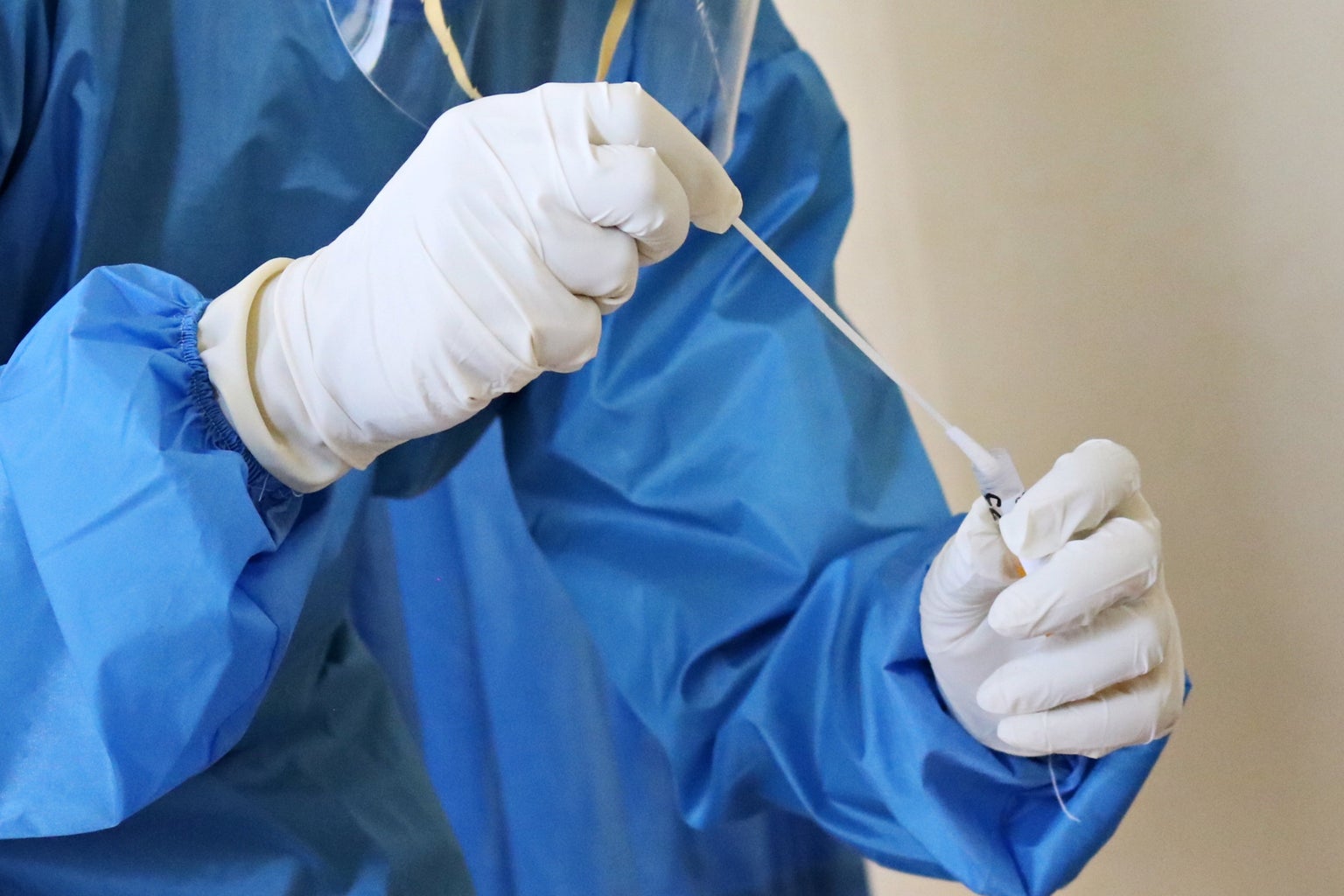UCLA is a premier research university, which means that a lot of resources go toward supporting professor, doctorate, graduate and undergraduate research projects. For many people, research may look like things you might do in a chemistry lab or an incredibly elaborate psychology study involving rats, and while such work is available and does exist, there are so many other ways you can partake in research.
I have worked at the UCLA Language Processing Lab since the beginning of Fall Quarter, and the work we deal with has a lot to do with reading, scanning and processing words and sounds. I have been curious about language acquisition and processing for years now and knew that I wanted to dive deeper into it in college. I have helped run participants for experiments, compile data, develop and record materials for new experiments, and I am even working on a pilot for a little experiment of my own this quarter.
Through my time in the land of eye tracking and pupillometry machines, I have developed a great relationship with my professor within the lab, who has served as a mentor of mine for all things anything academic and professional. I have also become very close with a couple of graduate students who work in the lab, who also have a lot of real-world advice to share about the field, classes and applying to graduate school in general. And last but not least, the lab has definitely brought me new friendships with all my fellow research assistants.
Doing research can help narrow down career pathways and can also help you explore passions you may not be able to later on. It can give you hands-on applications of what you are learning in class, and personally, it has made me more confident in certain material and terminology by broadening my vocabulary and forcing me to truly know what I’m talking about. In this manner, I also feel so much more independent and innovative in my degree path.
On a more tangible note, no matter what field you end up going into, research definitely looks great on a resume. It shows an ability to think academically and evaluate data as it comes. Also, being thoroughly involved in a research project opens you to so many more faculty connections, which can lead to many great letters of recommendation (something that can be hard to find at a public school this big).
A lot of people ask me how I got a research position in the first place. Labs at UCLA can definitely be competitive, but I think the most important thing is finding a couple of professors whose work really interests you and simply reaching out to see if they have availability. The worst that could happen is they ignore you, but they could also respond and schedule a meeting with you to see if you would be a great fit. In the email, it’s important to include why you are interested in their work in particular and what you hope to learn through doing research in their particular field. Though you may not be able to get started on your own project right away, it never hurts to include a project idea or two to show your ambition.
Being involved in research in a school that cares so much about it has definitely shaped my college experience for the better. If you’re even remotely interested in joining a lab and think you have the time for it, I completely recommend “researching” your options and applying. You never know the friendships you may make and the knowledge you may gain.




